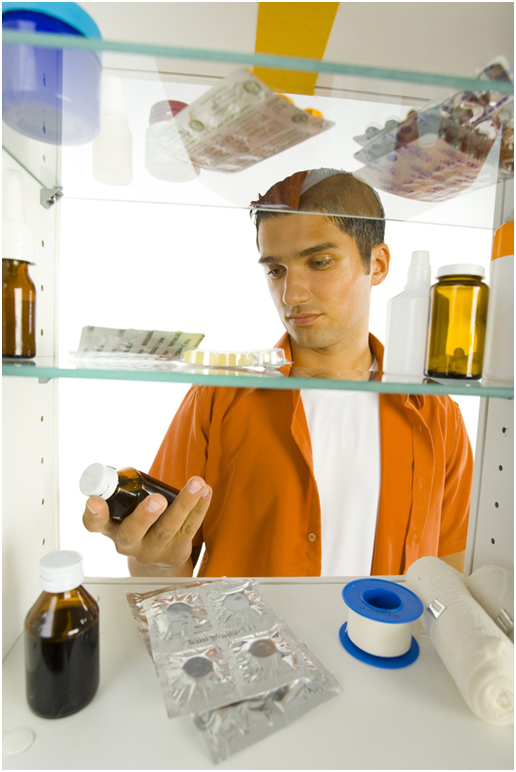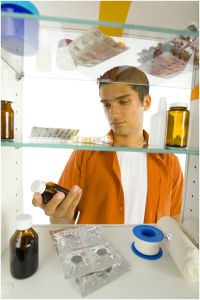
August 26, 2013, by Cerina
Dealing with Drug Dependence?
During my time off from university, I had begun to entertain myself with episodes of Emmerdale on ITV1. A particular storyline that struck a chord of mine was of a character called Rhona who had been addicted to ordinary prescription painkillers. Although these drugs do exactly what they are known for, particularly for pain experienced post surgery or as part of a condition, I found that their addictive nature is something that is not commonly ‘talked about’ but is yet an important issue pharmacists could face and therefore must consider. Rhona was so desperate to feed her addiction which forced her to get hands on unbranded drugs from a drug dealer. Unfortunately this caused her to vomit blood. According to the ‘New Scientist’ magazine there has been worldwide police crackdown on such illegal pharmaceutical drugs worth up to 41 million dollars[1].
This had brought up heaps of curiosity and interest for me.
Why can pain killers be addictive?
Not all pain killers are addictive. In fact, it is only those that belong to the class of drugs called ‘opiates’ that are addictive, examples of which could include methadone and codeine. These drugs target pain receptors of the ‘mew’ subclass. But an unfortunate side effect from these painkillers are feelings of euphoria experienced by the user. The intense feelings of pleasure and excitement post a traumatic ordeal of pain can come across as a surprise for the sufferer. As a result, patients would continue to repeat their intake of such drugs in order to fuel these pleasurable feelings. It is at this point a patient would be at a stage of ‘drug abuse’ due their ‘dependence’ or addiction’ which is of course very harmful. It is exactly this we see with the character of the woman in Emmerdale who appears to be addicted to her painkillers.
Of course after reading this the ultimate question would be: ‘What can we as pharmacists do to prevent the addiction to painkillers in patients? I have listed some of my ideas below…
Depending on the type of painkiller, pharmacist may supply these with or without a prescription. Guidelines have been put in place for pharmacists in the ‘Medicines Ethics and Practice’ guide regarding the supply of such painkillers to patients without a prescription. This should be considered carefully as a pharmacist responds to a patient’s symptoms during a consultation. Pharmacists may also be able alerted by warning signs from the patient. For example, a patient may require a new prescription sooner than anticipated or even ask another person to provide another supply to them. Fortunately, pharmacies have now taken a more active role and begun to provide a service for drug addicts where a substitute ‘methadone’ is supplied and monitored.
I believe that these are only some of many ways in which pharmacists can do more in order to prevent this in pain sufferers and most importantly support those who may be dependent on painkillers. If there is one thing to remember it is the fact that it is treatable. We can work alongside other healthcare professionals to create a strong network of force and support to these patients.
I’d love to hear from my readers and their opinions of this issue. What else can we to prevent drug addiction or support drug addicts? Pharmacy is a continuously expanding profession and I don’t think that our capabilities should be underestimated with regards to future issues like these.
[1]http://www.newscientist.com/article/dn23769-global-crackdown-seizes-fake-drugs-worth-41-million.html#.UhvFERvrybq
No comments yet, fill out a comment to be the first


Leave a Reply